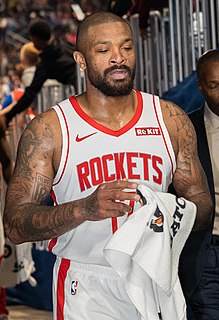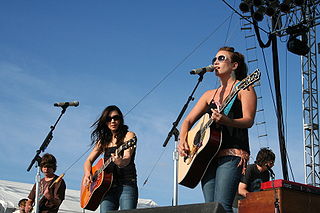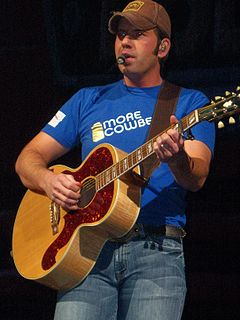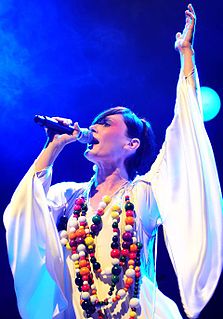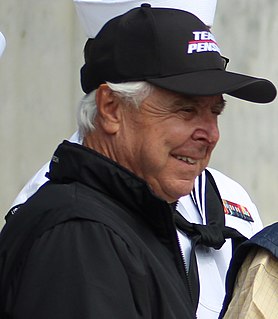A Quote by Henry Rollins
With writing, there are multiple drafts. On stage, there is one take. I do a lot of preparation for shows, so, for the most part, what you hear me say is pretty much what I wanted to get at.
Related Quotes
I was a lot dumber when I was writing the novel. I felt like worse of a writer because I wrote many of the short stories in one sitting or over maybe three days, and they didn't change that much. There weren't many, many drafts. That made me feel semi-brilliant and part of a magical process. Writing the novel wasn't like that. I would come home every day from my office and say, "Well, I still really like the story, I just wish it was better written." At that point, I didn't realize I was writing a first draft. And the first draft was the hardest part.
An interesting difference between new and experienced stage managers is that the new stage manager thinks of running the show as the most difficult and most demanding part of the job, whereas the experienced stage manager thinks of it as the most relaxing part. Perhaps the reason is that experienced stage managers have built up work habits that make then so thoroughly prepared for the production phase that they [can] sit back during performances to watch that preparation pay off.
I first started doing some somewhat technology-based shows in the '80s. If you wanted to get real technical about it, back in the '70s I used to open up with Utopia with just me on the stage with a four-track tape recorder. So, technically, I've been using the help of various devices pretty much throughout my career.
There's a part of me which has always wanted to hear a man say, "Let me take care of you forever," and I have never heard it spoken before. Over the last few years, I'd given up looking for that person, learned how to say this heartening sentence to myself, especially in times of fear. But to hear it from someone else now, from someone who is speaking sincerely.
It's more like I write multiple first drafts, handwritten. So with my first novel, I wrote whole drafts from different points of view. There are different versions of that novel in a drawer on loose-leaf sheets. I won't even look at the first draft while I'm writing the second, and I won't look at the second before writing the third.
There are multiple shows of record about a late-transitioning patriarch and how the kids are affected, and there are multiple narratives. That narrative on "Keeping up with the Kardashians," the answer is, they're pretty much fine. It's the same sort of story we were telling which is, you know what? Everybody's okay.
I recorded a lot of songs that I knew I didn't like just because maybe part of me wanted to be nice, maybe part of me just wanted to be in the studio, but I've been learning that it's really important to do what you want to do. Even though I might not write all of it, I am still picking out the songs that I want to do. A lot of people who are writing for me are people I have worked with for a while so they know who I am and what I want. I have a lot of opinions and I have learned that it is absolutely okay to express them and to say, "No, I don't want this."
You can hear some artists, hear five of their albums and still have no idea who they are. But if you've heard most of what I've recorded, you know me. You go from 'Honesty' to 'Going Through Hell' - you can listen to the hits, and they pretty much reflect who I am. 'Take a Back Road' is the same thing.
There were radio shows where you actually got to hear people play off of each other and get that immediate magic that goes on. And rather than doing what a lot of shows do, where an individual comes in, reads their part, and you edit it together later on and try to build a performance, we're lucky because this is really very much a theatrical performance that is going on, every single week.
I think the part of media that romanticizes criminal behavior, things that a person will say against women, profanity, being gangster, having multiple children with multiple men and women and not wanting to is prevalent. When you look at the majority of shows on television they placate that kind of behavior. If you go through a weekly Monday through Friday, it's all there. It's in how people on the sitcoms and cop shows talk to each other.



